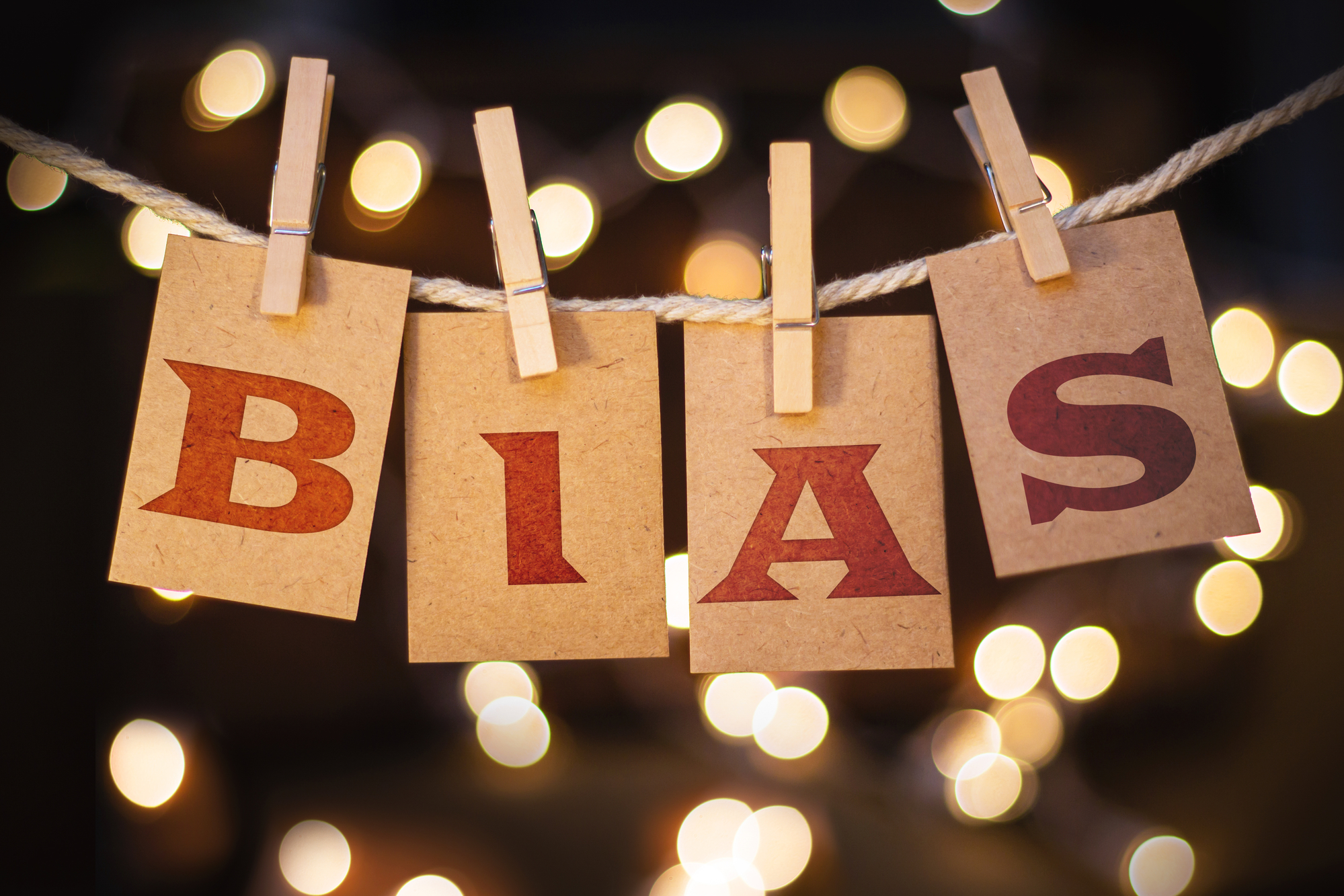5 Sneaky Cognitive Biases Every Creative Should Watch For

Is your thinking clouded?
Do you sometimes use use Google to find the answers?
Or have ever had a great idea and said to yourself, "I'm not using that?"
Cognitive biases influence what you're thinking and how you practice your craft. They also encourage irrational thoughts and even self-doubt.
In this short article, I reveal five of the most common cognitive biases artists and creatives should be aware of.
Self-serving Bias
You believe your failures are a result of factors beyond your control whereas your successes are a result of your work.
For example, let's say you self-publish a non-fiction business book, and no one buys it.
Well, let's blame Jeff Bezos.
That lousy Amazon algorithm is to blame too.
It's just too hard for new writers to earn an income for their books.
Or...
You could take ownership over marketing your book by setting up ads, cultivating an email list and finding your ideal reader.
Group-think
Let's say you spend a lot of time on Steemit.
You discover many of the popular articles tackle topics like self-help, self-improvement and the ephemeral price of Bitcoin.
"Great," you say. "I'll write about those topics."
Wait!
Steemit may not necessarily need another self-help writer or a writer who tackles cryptocurrency.
We have enough of those!
Instead, find a way of avoiding group-think and express yourself in clear and original way.
The best way to do that is to combine your interests with what people will read, watch or pay for.
Information Bias
It's easy to type a query into Google, write up what you find and tick "research" off your list.
The problem is Google sorts and filters questions and answers based on their popularity and how well these articles and sources are optimised for search.
Behold the echo chamber of modern life.
That's not to say Google is unhelpful, but you're also reviewing information everybody can immediately access or use.
Instead of seeking out a novel or fresh truth, you're echoing existing thinking.
Where's the value in that?
It's harder to find alternative sources, but this blood and sweat will lend credibility to your work.
Pick up the phone. Read an old book. Dig for that forgotten research paper.
Scarcity effect
Have you ever thought of a fantastic idea for your work and said,
"I don't want to use this idea right now. I'm saving this idea for something bigger, something better."
While it's great to have a bank of ideas you can draw upon when you want to get started, please don't hold back on your great idea because the time isn't right.
It's much better to act now and presume the well of creativity will refill itself.
You must trust using one idea will lead itself to a better idea later on.
At the very least, you'll find out quickly if your "great idea" is what people want to read, watch or listen to.
The Dunning Kruger effect
The more you learn, the less confident you feel.
Artists, poets and creatives are a fickle and anxious lot... especially the studious ones.
An artist will look at Henri Matisse and say, "I could never paint that."
A writer will read "Ernest Hemingway and think, "My stories will never be that good."
A comedian will hear Steve Martin and wonder, "How will I ever tell a joke like that?"
Instead of procrastinating through endless learning, remember to practice your craft, day in, day out.
Learn to express yourself publicly, even if you're painfully aware of the gap between you and your heroes.
I WILL POST YOUR BLOG POST TO MY 35,000+ FOLLOWERS. SEND 0.5 SBD OR 0.5 STEEM TO a-0-0 WITH YOUR BLOG POST WEB PAGE ADDRESS IN THE MEMO.